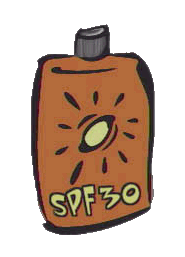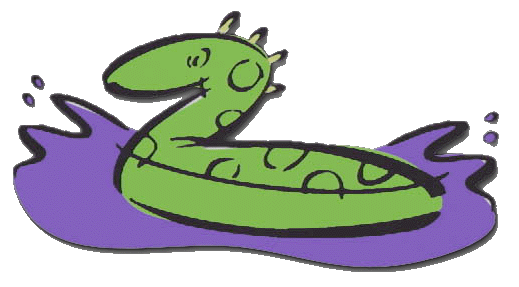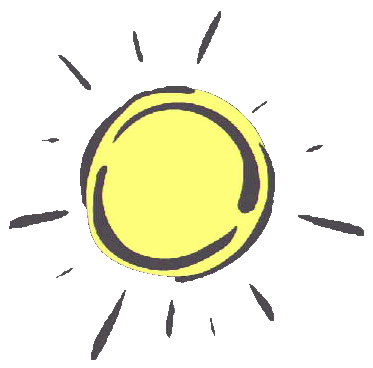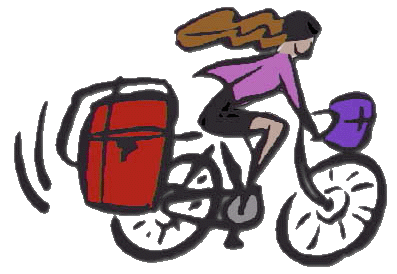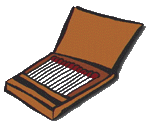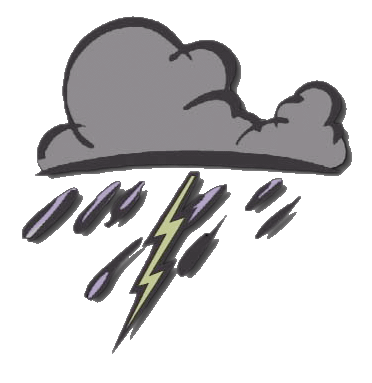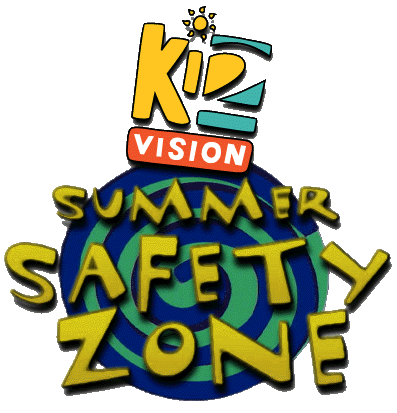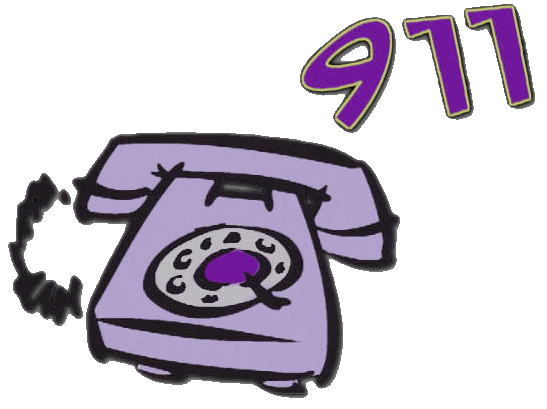
911
You've learned a lot about how to prevent accidents and injuries this summer by playing it safe with KidVision. But would you know what to do if you were at the beach, in the park or in your backyard and an emergency situation did arise?
Every child should know how and when to call 911. This is particularly important in the summer months, when kids have more free time and are involved in activities, like swimming and bike riding, that could lead to injury. When talking to kids about 911, make sure they:
- Know when it's OK to call 911. If an emergency does occur, the very first thing a child should do is try to find help from an adult. 911 should be used by a child only if there are no trusted adults around, and the situation is an emergency. Kids should understand the difference between an emergency and a non-emergency situation. For example, when there is a fire, a car accident, or a crime, or if someone is badly injured, it's OK for a child to call 911 if there are no adults around who they know and trust to help them. It's not OK for a child to call 911 if there is an adult nearby who can help the child. Unnecessary calls to 911 take resources away from actual emergencies.
- Understand what will happen when 911 is called.The person the child speaks to will want the child's full name, address, and telephone number, and will want to know why the child is calling. Practice "pretend" calls to 911 until the child feels comfortable repeating this information. Role-playing games with an adult playing the part of the dispatcher are good ways to familiarize a child with what to do when calling 911.
- Know that, when calling 911, they should speak calmly and slowly, and should never hang up until the person they are talking to says it's OK. 911 dispatchers are trained to handle emergency calls from children. Kids who stay calm and follow the dispatcher's instructions should have no problem getting immediate help.
